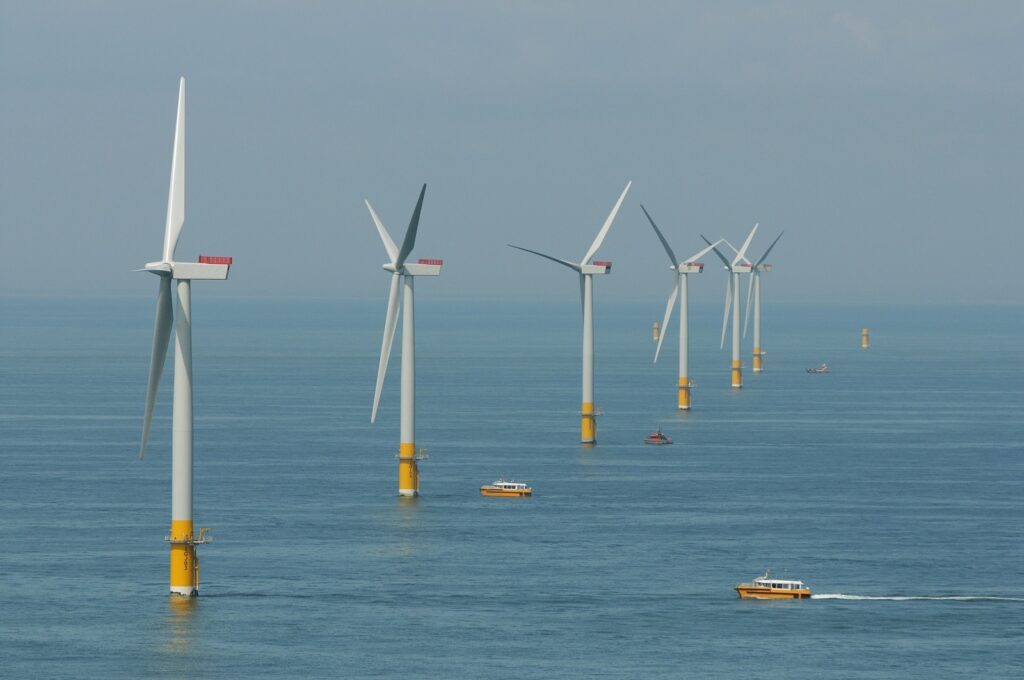Consumers are willing to pay more towards the low carbon energy transition, but only if energy companies and government accept their share of responsibility, new research has found.
The UK Energy Research Council (ERC) partnered with Cardiff University to survey more than 3,000 members of the British public and hold a series of focus groups, the findings of which ERC said revealed the “groundswell of support for energy system change”, but also uncovered significant mistrust of energy companies and government.
The research revealed that people would broadly support between 9 – 13% of their energy bills contributing to environmental and social schemes, the upper end of which is almost double the 7% of bills which currently goes to such schemes, according to Ofgem.
However, the willingness for consumers to increase how much they pay towards the energy transition was ultimately dependent on energy companies and the government in general contributing their fair share as well.
The research found that those consumers who had a greater understanding of this were also willing to accept higher bills.
Just over half (51%) of those surveyed said they were in support of heavier regulation of the sector or even nationalisation of energy companies – a crucial element of the Labour Party’s prospective energy policy – a matter perhaps exacerbated by the lack of trust in the government, the industry regulator Ofgem and energy companies themselves.
Distrust of energy companies tended to be centred around three main topics; the level of profits made, a lack of transparency surrounding the energy system and decision making, and suspected collusion between energy companies and the government to keep costs high.
The report suggests a range of recommendations that could ease public concerns, including the need for the government and the energy industry in general to demonstrate a “clear commitment” to energy system change, a factor which could “harness public support”.
Both industry and government must also ensure greater transparency and accountability, especially when describing the link between wholesale costs and retail costs; provide more clarity and justification for how money government and energy company funds are spent; explore more innovative ways in which current and future costs are distributed across consumers, and find ways to credibly demonstrate that energy companies are not driven by profits alone.
Dr Christina Demski, UKERC researcher at Cardiff University, said that increasing the financial burden on the public without first addressing their concerns only stood to result in further distrust and could potentially jeopardise public support for the energy transition.
Her view was backed by her colleague Nick Pidgeon, who added: “Whilst action is already being taken by government and the regulator to address some of the issues highlighted by this research it remains to be seen whether these will be sufficient. In some cases, more fundamental action might also be required, for example considering alternate governance structures, including not-for-profit arrangements as with some water utilities.”






